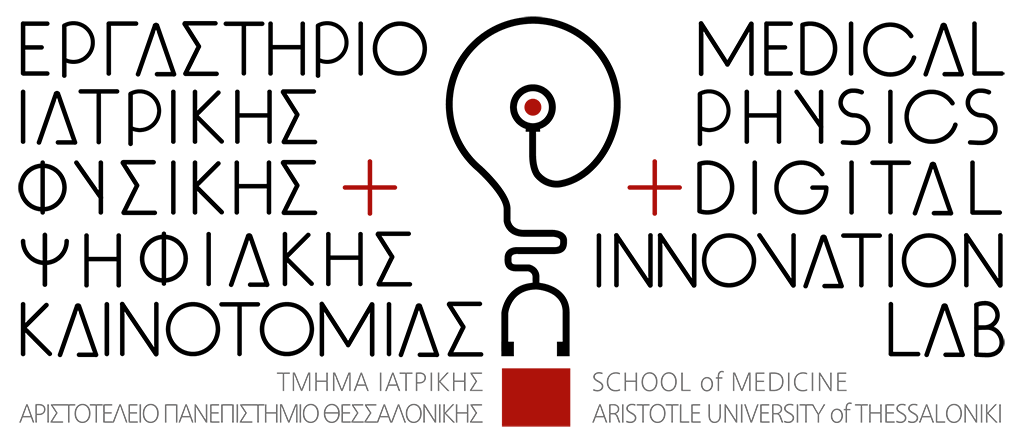
Type of the Course
- General Knowledge
Mode of Delivery
- Face to face
Digital Course Content
- e-Study Guide https://qa.auth.gr/en/class/1/200012115
- At the Website of the School: http://elearning.med.auth.gr/course/view.php?id=44
Language of Instruction
- (Instruction, Examination)
Course Content (Syllabus)
Introduction New challenges in medical education Skills and values New educational media and web advances Clinical skills Self-directed learning Collaborative learning, Wikimedia Knowledge bases Research in medical education Evaluation Clinical specialities Clinical practice Evidence based Medicine Creation and presentation of educational content
Keywords
medical education, research, self directed learning, web advances
Learning Outcomes
To express and associate the obtained skills in the overall curriculum -to explain the differences in the learning approaches -to apply new techniques for content searching and retrieval -to manage educational content -to propose new methods for evaluating courses
Educational Material Types
- Notes
- Slide presentations
- Podcast
- Multimedia
- Interactive excersises
Use of Information and Communication Technologies
Use of ICT
- Use of ICT in Course Teaching
- Use of ICT in Laboratory Teaching
- Use of ICT in Communication with Students
Course Organization
- Lectures: Hours of Instruction 20 (Teamwork)
- Seminars: Hours of Instruction 2 (Teamwork)
- Laboratory Work: Hours of Instruction 4 (Teamwork)
- Written assigments: Hours of Instruction 4 (Individual, Teamwork)
Student Assessment
Student Assessment methods
- Essay Questions (SummativeSummative assessment refers to the assessment of the learning and summarizes the development of learners at a particular time.)
- Written Assignment (SummativeSummative assessment refers to the assessment of the learning and summarizes the development of learners at a particular time.)
- Labortatory Assignment (SummativeSummative assessment refers to the assessment of the learning and summarizes the development of learners at a particular time.)
General Competences
- Apply knowledge in practice
- Retrieve, analyse and synthesise data and information, with the use of necessary technologies
- Work in teams
- Generate new research ideas
- Be critical and self-critical
